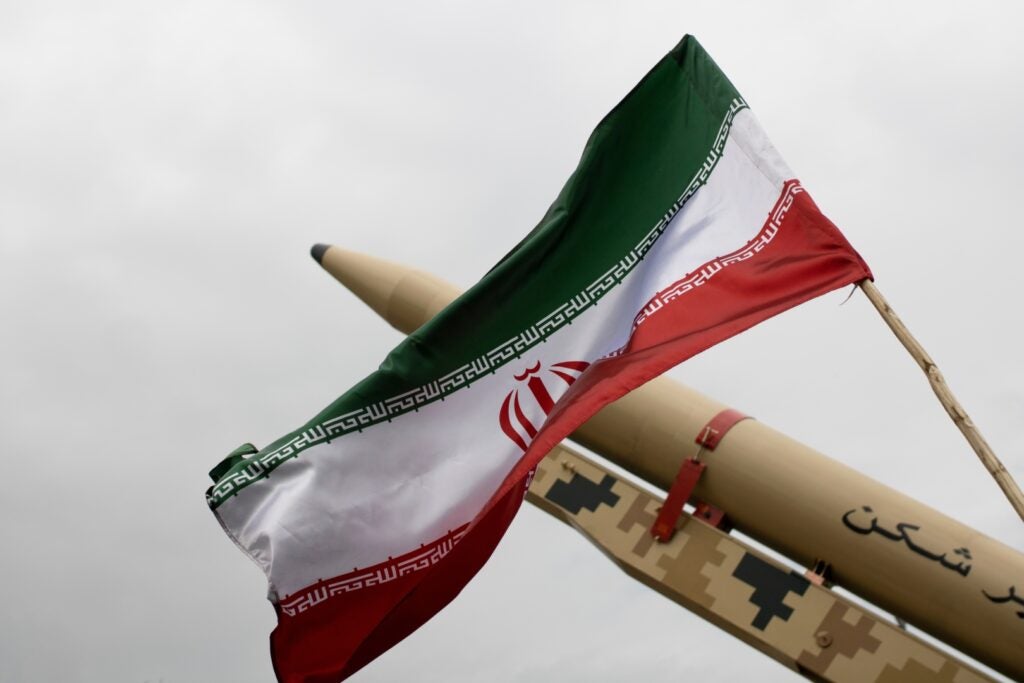In a recent development, Iran said that the series of missile attacks on Pakistan, Iraq, and Syria is a show of strength, asserting its military capabilities and its resolve to retaliate against any threats.
What Happened: Iran’s Defense Minister Mohammad Reza Ashtiani declared the country’s missile power to the world following a cabinet meeting, as reported by The New York Times on Wednesday. He warned that Iran would respond decisively to any threats against it.
“We are a missile power in the world,” Ashtiani said.
“Wherever they want to threaten the Islamic Republic of Iran, we will react, and this reaction will definitely be proportionate, tough and decisive.”
The missile strikes were intended to reassure Iran’s conservative factions and its militant allies while sending a warning to its adversaries, including the U.S., Israel, and terrorist groups. The attacks were carefully calibrated to demonstrate Iran’s strength without escalating the ongoing regional conflict, particularly the war between Hamas, an Iranian-backed group, and Israel.
The attacks, which took place in countries with varying degrees of friendship with Iran, have led to diplomatic tensions. Both Iraq and Pakistan have recalled their ambassadors from Tehran, and Pakistan has barred Iran’s ambassador from re-entering the country.
Iran has publicly framed the missile strikes as acts of vengeance, citing recent attacks on its soil and the assassinations of two senior Iranian commanders in Syria, which it has blamed on Israel. The strikes were a departure from Iran’s usual practice of using proxy groups to attack its enemies.
Why It Matters: The recent missile strikes mark a significant shift in Iran’s approach to the ongoing regional conflict. The country has traditionally relied on proxy groups to retaliate against its enemies, but this time, it has taken direct action and publicly framed the strikes as acts of vengeance.
Iran’s direct involvement in the Israel-Hamas conflict was first evident when it launched a missile attack on an alleged Israeli espionage base in Iraq. This departed from its previous strategy of limited involvement, which had been mainly rhetorical.
Meanwhile, Iran’s supply of weapons to Houthi rebels in Yemen has been temporarily disrupted by U.S. and U.K. airstrikes, leading to cautious optimism among Western officials regarding the effectiveness of this military intervention.
In response to the Iranian airstrike on Pakistan, the latter conducted retaliatory airstrikes inside Iranian territory, killing at least seven people.
Read Next: Jimmy Kimmel Takes Dig At Trump’s ‘Liars, Cheaters’ Speech: ‘Like Reading His Own Resume’
Image by Mohasseyn via Shutterstock
Engineered by
Benzinga Neuro, Edited by
Pooja Rajkumari
The GPT-4-based Benzinga Neuro content generation system exploits the
extensive Benzinga Ecosystem, including native data, APIs, and more to
create comprehensive and timely stories for you.
Learn more.
Image and article originally from www.benzinga.com. Read the original article here.

